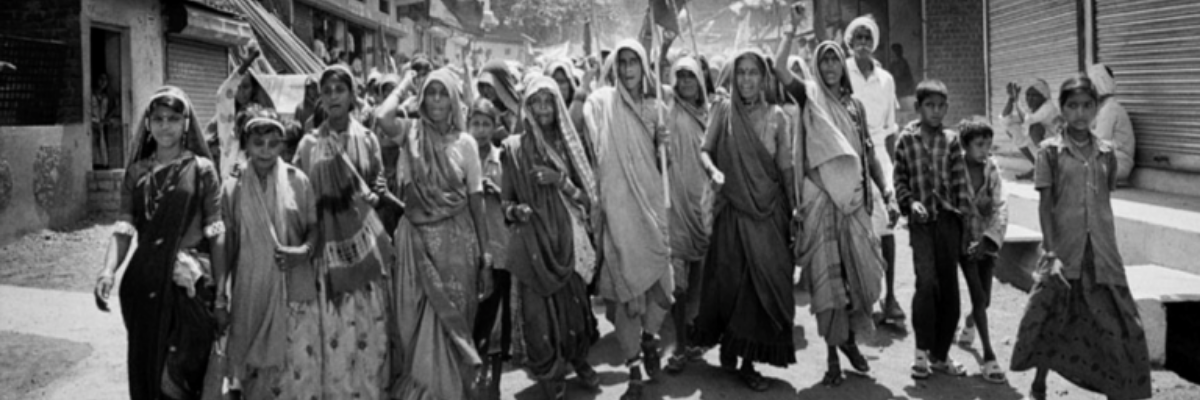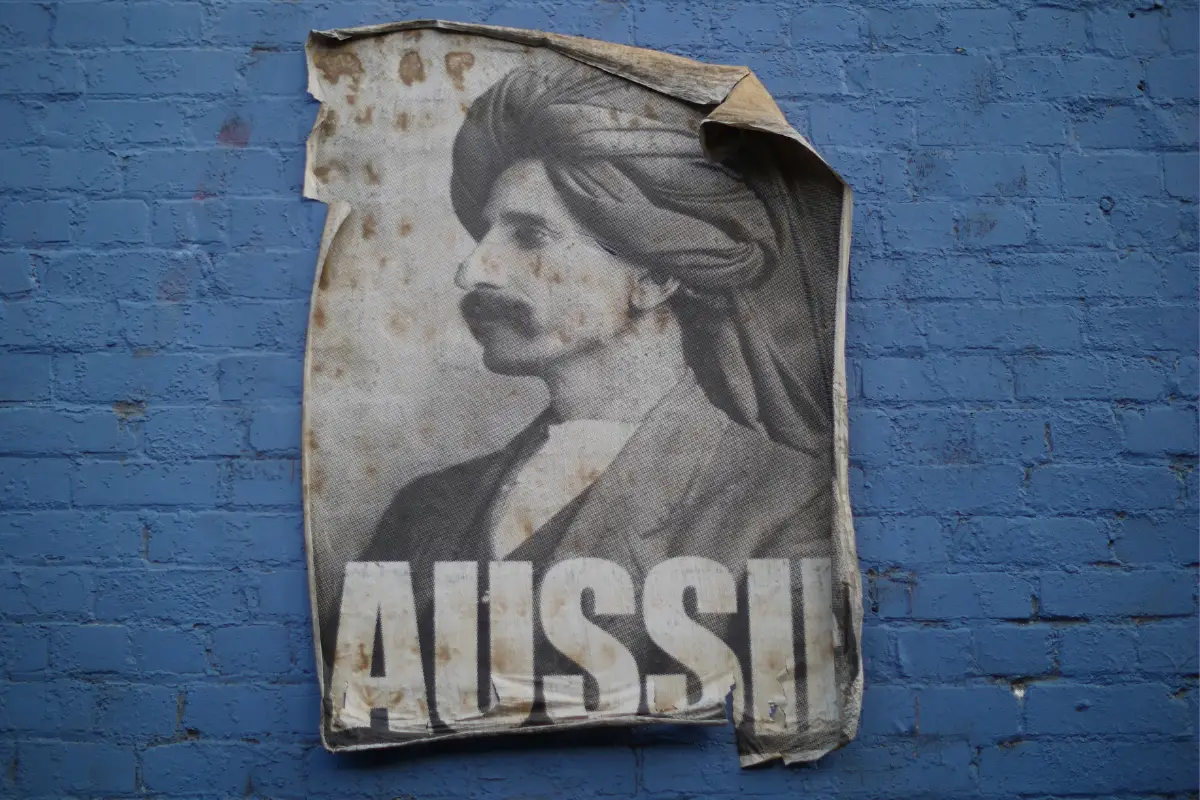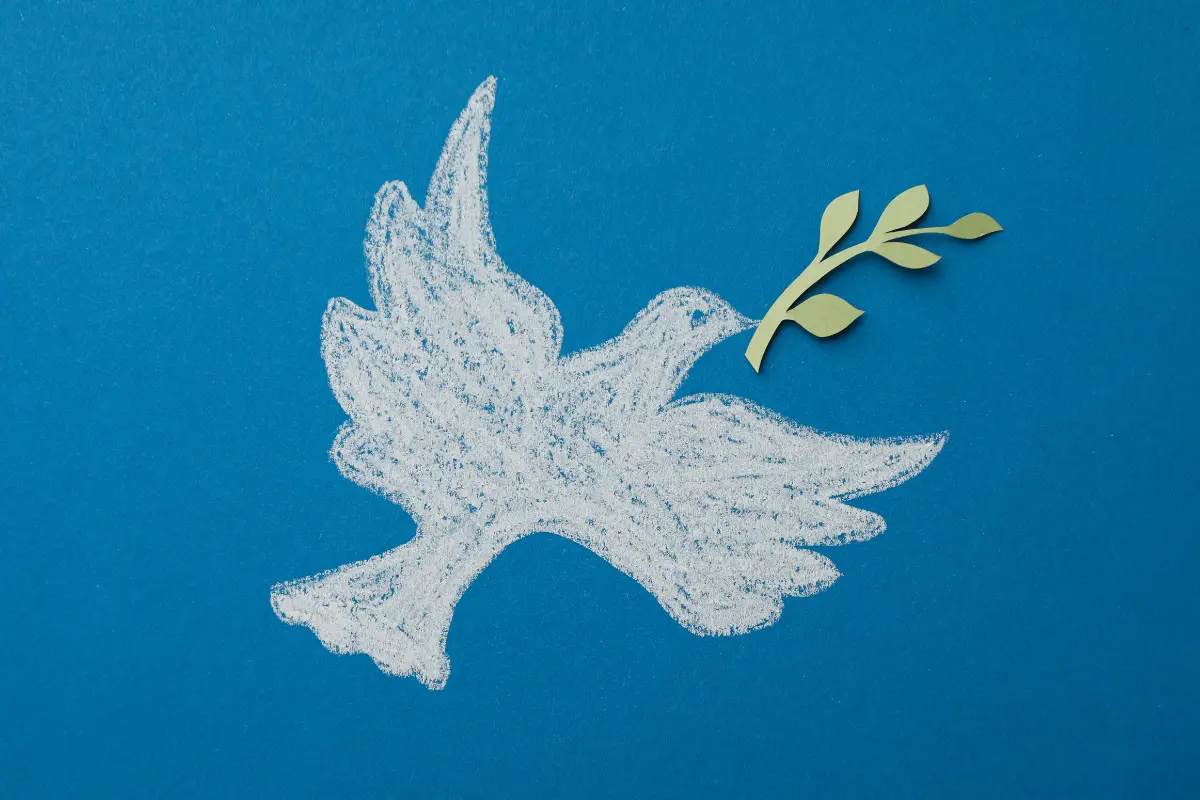
History from below
India became an independent nation more than seventy years ago, but from that time its colonial history was largely told from the standpoint of its former imperial masters, or of nationalist elites.
Almost absent from the narratives was the perspective of the peasantry and working classes, whose resistance to British rule played a critical role in the transition from colonialism to nationhood.
These “subaltern” voices were restored to view by a collective of scholars led by the celebrated historian Ranajit Guha, based at ANU during the 1980s and early 1990s.
Guha’s Subaltern Studies Group, which set out to reclaim Indian modern history for the underclasses, transformed understanding of the impacts of colonialism.
Focusing on “history from below”, subaltern studies was one of the late twentieth century’s most powerful intellectual movements. It resonated around the world, particularly in postcolonial African and Latin American societies seeking to rewrite their national stories.
A cross-cultural movement
In Australia, with its troubled colonial past, subaltern research – the term “subaltern” was coined by Italian Marxist Antonio Gramsci – has influenced, especially, Indigenous historians.
Subaltern studies grew out of discussions in the late 1970s between Guha, then based at the University of Sussex in the UK, his students and like-minded academics.
Several dozen Indian and British historians produced twelve volumes of essays between 1982 and 2005, with the first six edited by Guha. He insisted that the Subaltern Studies series – like his 1983 magnum opus, Elementary Aspects of Peasant Insurgency in Colonial India – be published in India (by Oxford University Press).
Subaltern Studies was endorsed by Edward Said, the internationally renowned postcolonial scholar, who wrote a foreword to a 1988 paperback edition.
Interdisciplinary dialogues
The group’s aim, Guha wrote, was “to promote a systematic and informed discussion of subaltern themes in the field of South Asian studies, and thus help to rectify the elitist bias characteristic of much research and academic work in this particular area”.
The subaltern studies writers criticised historical accounts based either on the vantage-point of colonialists or of the “bourgeois-nationalist” educated elites, including leaders of the Indian National Congress party.
These accounts, they argued, failed to recognise the active role of subaltern people, who engaged in sometimes violent resistance, or their oppression by both colonialists and elites, particularly landlords and moneylenders.
But subaltern studies scholars also criticised Marxist historians for largely ignoring the part played by the Indian peasantry in opposing British rule.
Influenced by the radical scholarship of Britain’s E P Thompson, they turned to alternative archives, or re-examined the colonial archives with fresh eyes.
Writers within subaltern studies – whose research was in turn criticised by both Marxist and nationalist scholars – engaged in interdisciplinary dialogue with postcolonialists, anthropologists, sociologists and literary critics.
As new classes of subaltern people have emerged, such as refugees, the field of subaltern studies has maintained its relevance.
The University of Warwick historian Aditya Sarkar has called subaltern studies “perhaps the first sustained academic project from the Third World to attain global influence”. According to Sarkar, Subaltern Studies
“helped crack the structures of academic orthodoxy wide open … [and] became a way for ex-colonial and currently exploited parts of the world to assert their own historical integrity”.



